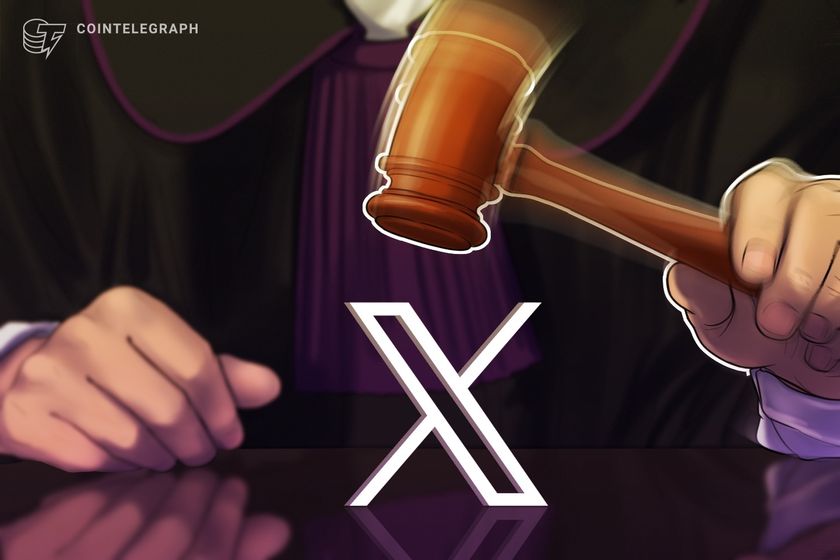EU Commission targets X over ‘dissemination of illegal content’


X owner Elon Musk told advertisers to “go f— yourself” on Nov. 29 after many left the social media platform in response to antisemitic content and a report on hate speech.
The European Commission said it had opened formal proceedings to investigate X — formerly Twitter — over content related to the terrorist group Hamas’ attacks against Israel.
In a Dec. 18 notice, the commission said it planned to assess whether X violated the Digital Services Act for its response to misinformation and illegal content on the platform. According to the government body, X was under investigation for the effectiveness of its Community Notes — comments added to specific tweets aimed at providing context — as well as policies “mitigating risks to civic discourse and electoral processes.”
“The opening of formal proceedings empowers the Commission to take further enforcement steps, such as interim measures, and non-compliance decisions,” said the notice. “The Commission is also empowered to accept any commitment made by X to remedy on the matters subject to the proceeding.”




















